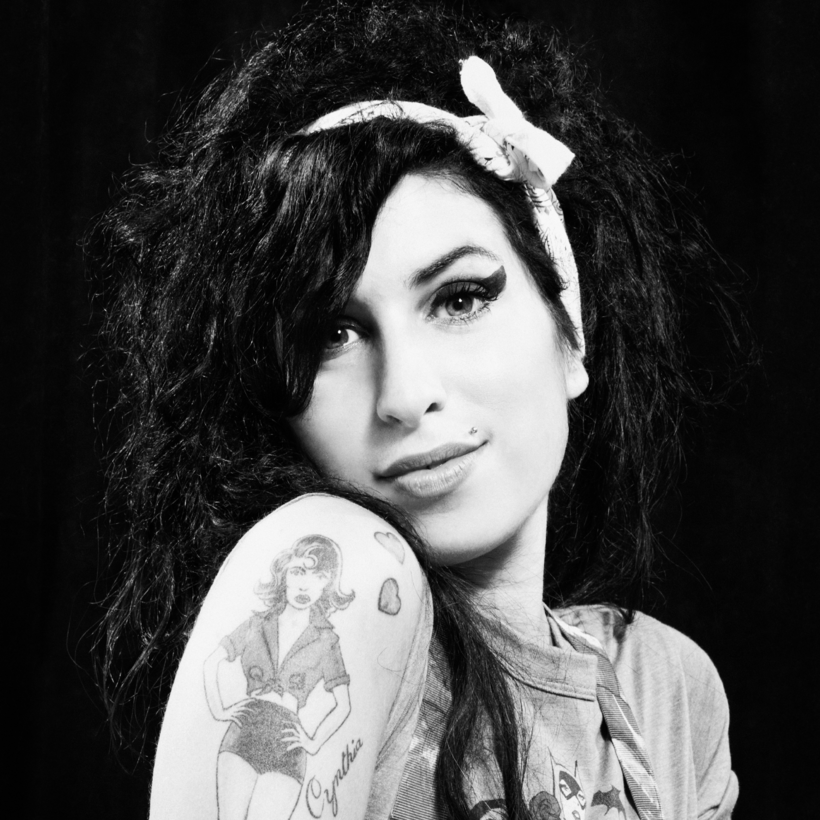In the middle of the new book Amy Winehouse: In Her Words, there is a list of ambitions, penned when the late singer was a 16-year-old student at The Brit School. Some of them are standard teenage dreams: she wants to own a house in South Beach, Miami, and “300 pairs of shoes”; she wants fabulous hair – and her designs on a then-famous pop star are expressed in very forthright terms indeed. She seems more interested in becoming an actor than a musician – she wants to work with Michael Madsen and Steve Buscemi and “do a movie where I look ugly” – although she does express a desire to collaborate with Missy Elliott and producer Timbaland. Perhaps the most striking entry is No 12: “To have people look up to me.”
She certainly achieved that: 12 years after her death, Winehouse is still, by consent, the most influential British pop artist of the 21st century, revered by Lana Del Rey, Sam Smith, Lady Gaga and Bruno Mars, credited by Adele with “paving the way for artists like me”. We are still surrounded by echoes of her music: whenever you hear a bluntly confessional female singer-songwriter, or a retro-soul affectation in an arrangement, or a pop singer with a slurred, prematurely aged vocal style – and you hear those things all the time in 2023 – it’s more than likely Back to Black, her 2006 album, is somewhere in their musical DNA.

